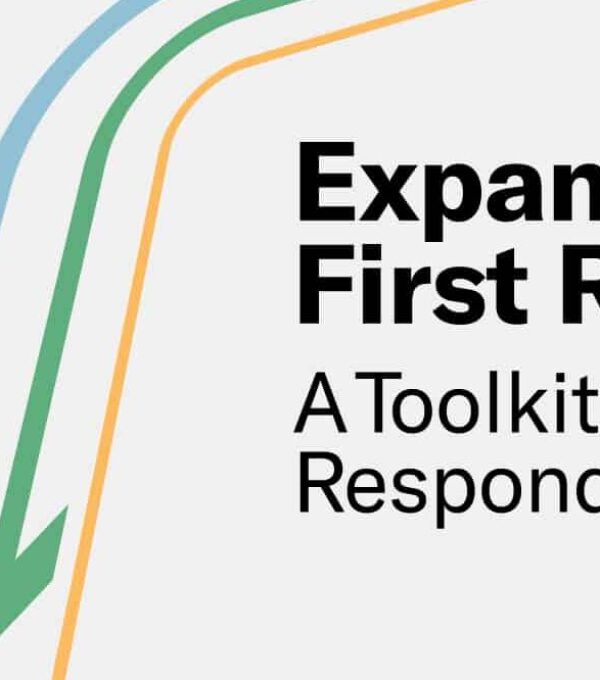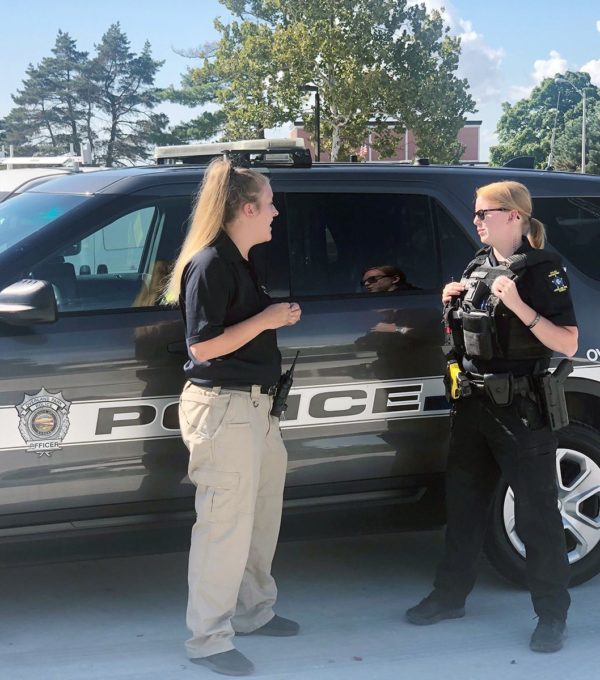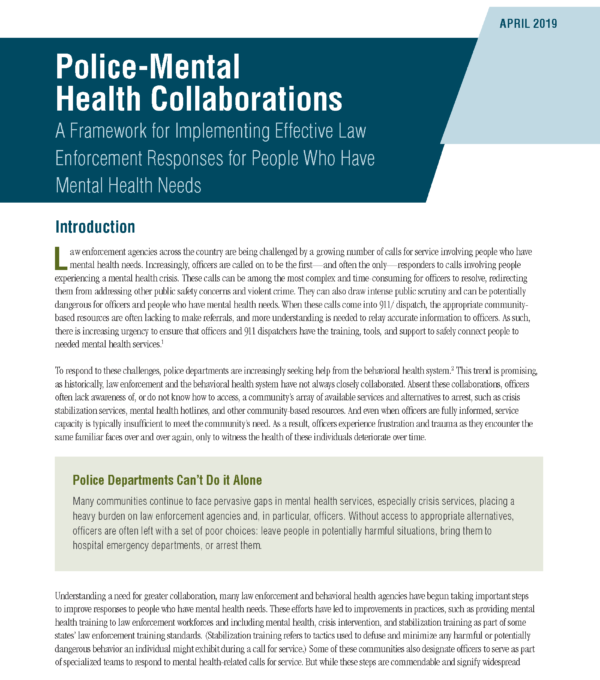Law Enforcement-Mental Health Learning Sites
Law Enforcement-Mental Health Learning Sites are a resource for agencies looking to tailor successful implementation strategies and response models to address their own distinct problems and circumstances.
Jurisdictions around the country are exploring strategies to improve the outcomes of encounters between law enforcement and people who have mental health needs.
The CSG Justice Center, with support from a team of national experts and the U.S. Department of Justice’s Bureau of Justice Assistance (BJA), began the program in 2010 as a way to help public safety personnel implement effective responses to people with mental health needs. The program started with an initial group of six highly innovative agencies serving as peer-to-peer learning sites. Since then, it has continued to expand and regularly deliver assistance and training to law enforcement and mental health practitioners nationwide.
Visit the Law Enforcement-Mental Health Collaboration Support Center to request assistance. The center offers free training, resources, and support to communities wanting to improve their law enforcement and community responses to people with behavioral health conditions or intellectual and developmental disabilities.
FAQ
What kinds of assistance do the learning sites provide?
The Law Enforcement-Mental Health Learning Sites Program offers various levels of assistance to law enforcement officials and mental health professionals interested in planning or improving their police-mental health collaborations to better respond to people with mental health needs.
Learning sites can provide peer support services through:
- E-mail exchanges to provide guidance and resources
- Conference calls to discuss complex issues and strategic planning assistance
- Hosting agency visits or providing on-site assistance
What are the areas of specialization for each of the learning sites?
The learning sites offer a wide range of expertise related to various law enforcement-mental health collaborations involving crisis intervention training, co-responder models with follow-up teams, comprehensive dispatcher training, embedded mental health professionals, and police officers trained as mental health liaisons. For information on areas of expertise, please click on individual learning sites for more detailed descriptions.
If I already know which learning site I want to work with, can I contact it directly?
You are welcome to make direct contact with the learning site(s) of your choice. Contact information for Learning Site representatives can be found at the bottom of each site’s individual page.
Will there be a cost associated with receiving assistance from a learning site?
Assistance is provided to law enforcement and behavioral health agencies at no cost in an effort to encourage the development or implementation of PMHCs nationwide. The only potential cost associated with receiving technical assistance from the program is if an agency wishes to visit 1 of the 15 Learning Sites in person. In that case, the requesting agency would cover the travel costs of bringing their team to the site. If the agency requesting does not have the funding to cover travel expenses, they can reach out to The CSG Justice Center to inquire about available travel funds, which are occasionally made available on a case-by-case basis.
What is the relationship between the CSG Justice Center and the learning sites?
The CSG Justice Center manages and provides staff support to the learning sites and develops resources that can be tailored to the distinct needs of jurisdictions. Staff work closely with the learning sites to help match the expertise and resources each site offers to the needs of law enforcement agencies.
Resources

Financial sustainability is critical for the success of local initiatives to reduce…
Read More
For decades, Americans have called 911 when they are experiencing an emergency…
Read More
This brief highlights the basic components of co-responder models and offers 4…
Read More
This tool is designed to provide resources to help improve responses to…
Read More
Understanding system gaps and taking the right funding approach are key.
Read More











